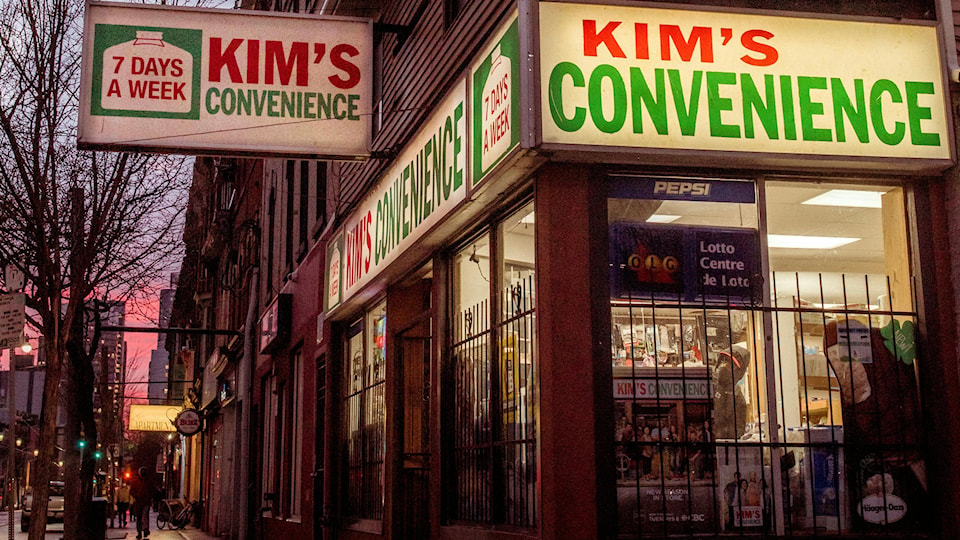Ever since Somil Hooda, the operator of Hasty Market, moved to Canada in 2019, he’s heard talk about the legalization of alcohol sales in convenience stores.
Nothing has come of these promises, Hooda said. He isn’t convinced this time around will be any different.
But Premier Doug Ford said, at a Friday press conference in Etobicoke, that the sale of alcohol in convenience stores will be fast-tracked to this summer. Starting Aug. 1 grocery stores that currently sell wine or beer will also sell ready-to-drink alcoholic beverages, and later this year, convenience stores and big box stores will also sell these alcoholic drinks.
If this venture does materialize, some pros and cons tag along with it.
Peter Bethlenfalvy, Ontario's finance minister, said this was a step towards a more "safe, stable and predictable" marketplace for alcohol.
However, a statement released by the Ontario Public Health Association in June 2023, raised serious concerns regarding the potential impact on Ontarians' health of increased alcohol access.
“Research and real-world evidence show that when alcohol becomes cheaper and more available, consumption increases and so does alcohol-related harm,” it said.
Alcohol is the most widely used controlled substance in Ontario, the OPHA statement said.
Alcohol tops the list of eight controlled substances for issues with criminal justice and health care, according to a Canadian Substance Costs and Harms report of 2023.
According to the annual health report of 2023 from Dr. Kieran Moore, chief medical officer of health to the province, alcohol and its related harms cost Ontario $7.1 billion in 2020, significantly more than the use of other controlled substances including tobacco at $4.1 billion and opioids at $2.7 billion.
Hooda said he has also considered the implications that come along with the sale of alcohol.
“From a convenience store point of view, or an operator point of view, my job is to just to make sure I’m not selling alcohol to someone who’s a minor,” he said.
He's also aware of the need to shield his staff from beligerent customers' behaviour. Commonly staffed by one clerk, smaller stores do not have the budget to employ security personnel.
“What I can do is make sure that if someone is coming in with a bad intention, I can tell the people working here to not engage with them,” Hooda said. “Just let them go.”
The province said it will provide an additional $10 million over five years for public health and social responsibility regarding alcohol sales and consumption.
The applications for the retailers' licences will begin on June 17, 2024. The Alcohol and Gaming Commission of Ontario will oversee the licensing and regulation of alcohol sales by the retailers.
Approved convenience stores could begin selling alcohol Sept. 5. Approved big box stores could join them Oct. 21.
"We are delivering on our commitment to give consumers in Ontario the choice and convenience every other Canadian enjoys, and we’re doing so even sooner than we had originally promised," Ford said.




